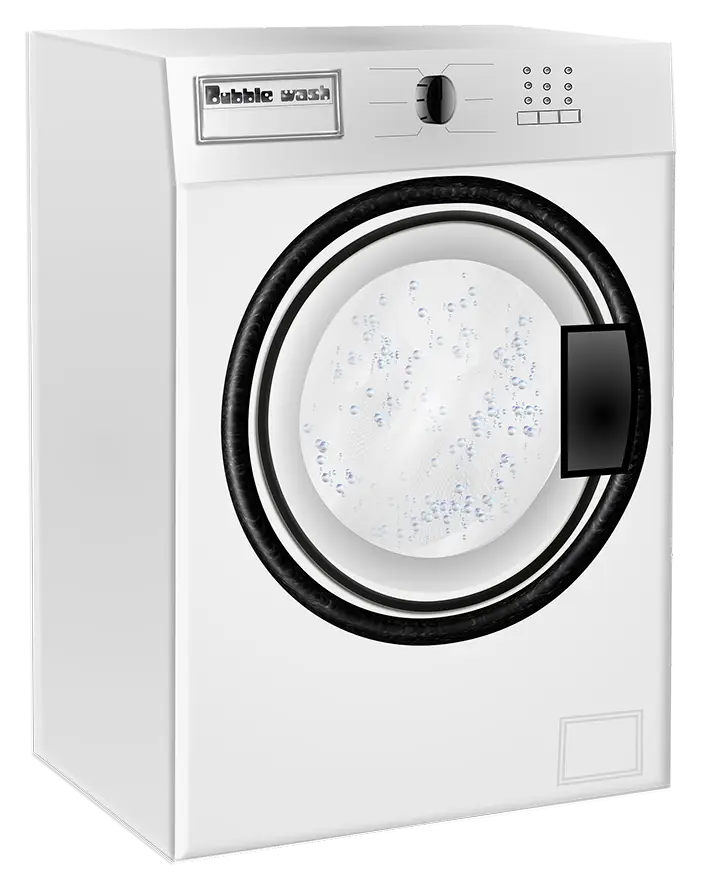With rising electricity prices, it is becoming increasingly important to be aware of how much energy your home appliances are consuming. In the Philippines, electric appliances are a major contributor to energy consumption. Understanding how different types of appliances affect your electricity bill can help you make informed decisions about which ones to purchase and use wisely.
Air conditioners are one of the most energy-intensive appliances in the Philippines, consuming up to 40% of an average household’s total power usage. To reduce air conditioning costs, consider using a timer and setting it to switch off when no one is home or when temperatures outside have cooled down significantly. Additionally, regular maintenance such as cleaning filters and replacing worn parts can ensure more efficient operation and lower bills in the long run.
Refrigerators are another common appliance that consumes a lot of electricity. Look for models with high energy efficiency ratings (EER) as they consume less power than older models. Minimizing the time that doors remain open while accessing food items can also help save money on electricity bills over time. Additionally, avoid placing heat-generating items like lamps or other electronics near refrigerators as this will cause them to work harder and burn up more power unnecessarily.
Other common household appliances such as washing machines and dishwashers should also be used with caution in order to reduce their electric consumption in the Philippines. Washing full loads instead of partial ones will save both water and energy; likewise for dishwashers – run full loads rather than multiple small ones if possible. Always use cold water for washing clothes instead of hot water too - this can save up to 90% on energy costs alone!
By considering these tips when operating electric appliances in your home – you can start saving money on your monthly electricity bills right away!
